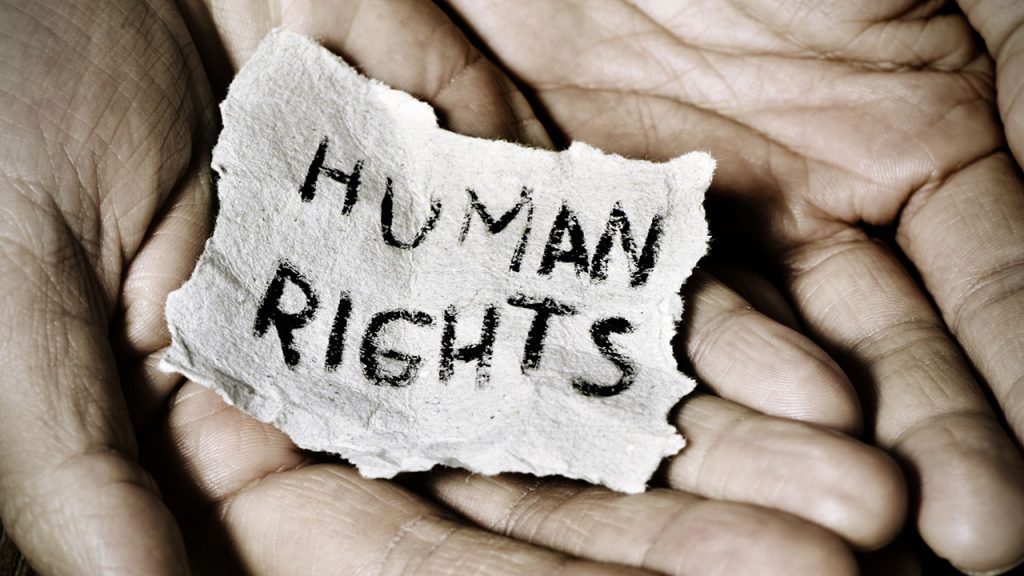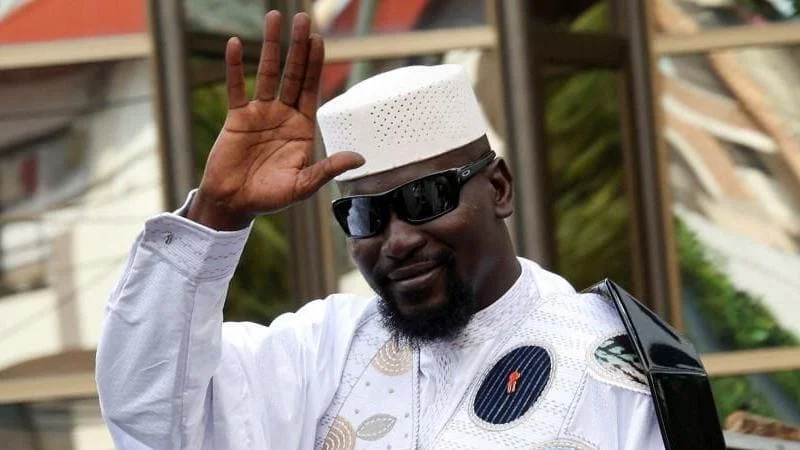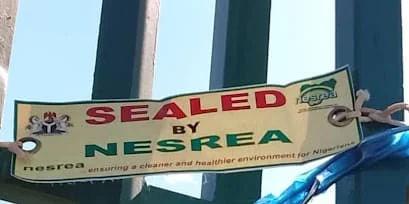Human rights remain a critical issue in Africa, where various challenges continue to impede the full realization of basic freedoms and protections for millions of people across the continent. These challenges are multifaceted, stemming from political instability, poverty, conflict, and economic disparities, compounded by the effects of climate change and external pressures. From restrictions on freedom of expression to gender inequality and forced displacement, Africa’s human rights landscape is complex and evolving.
This article delves into the current human rights challenges facing Africa, examining the root causes, impacts on communities, and the ongoing efforts to address these pressing issues.
1. Political Instability and Authoritarian Regimes
One of the most significant human rights challenges in Africa is the prevalence of authoritarian regimes and the lack of democratic governance. Political instability in countries like Zimbabwe, Sudan, Ethiopia, and Guinea has led to the erosion of civil liberties, including the right to free speech, assembly, and fair political participation.
- Suppression of Dissent: Governments in various African nations have imposed harsh measures to suppress dissent, often using security forces to crack down on peaceful protesters and opposition groups. The use of force against protestors, arbitrary arrests, and restrictions on the press are common tactics employed to silence political opposition.
- Election Manipulation: Many African countries experience electoral fraud and vote rigging, which undermine the people’s right to choose their leaders through free and fair elections. In recent years, there have been numerous reports of post-election violence as populations protest manipulated results, leading to severe human rights violations.
The lack of strong democratic institutions and the concentration of power in the hands of a few elites has made it difficult for many African nations to uphold basic human rights and provide justice for victims of political repression.
2. Armed Conflict and Displacement
Armed conflicts across the continent continue to be a significant source of human rights violations, causing widespread displacement, loss of life, and the destruction of infrastructure. Some of the most affected regions include the Sahel, the Horn of Africa, and parts of Central Africa.
- Conflict in Ethiopia: The ongoing conflict in Ethiopia’s Tigray region has resulted in thousands of deaths and left millions displaced. Both government forces and rebel groups have been accused of committing atrocities, including mass killings, sexual violence, and forced displacement.
- Boko Haram Insurgency: In Nigeria, the Boko Haram insurgency has led to widespread violence, particularly in the country’s northeast, where civilians face brutal attacks, abductions, and displacement. The insurgency has also spread to neighboring countries like Niger, Chad, and Cameroon, worsening regional instability.
- South Sudan: Decades of conflict in South Sudan have resulted in ongoing humanitarian crises, with mass killings, child soldiers, and sexual violence against women and girls. Despite peace agreements, the cycle of violence continues, leaving millions in dire need of humanitarian aid.
These conflicts often target civilians, violating international humanitarian law, and displacing millions from their homes. Refugees and internally displaced persons (IDPs) face additional human rights challenges, including lack of access to basic services such as food, clean water, and healthcare.
3. Gender-Based Violence and Discrimination
Gender inequality and gender-based violence (GBV) are rampant in many parts of Africa, disproportionately affecting women and girls. Deeply rooted cultural practices, poverty, and weak legal frameworks contribute to the perpetuation of GBV and gender discrimination.
- Sexual Violence: In conflict zones, sexual violence is often used as a weapon of war, with women and girls being particularly vulnerable. In countries like the Democratic Republic of the Congo (DRC), South Sudan, and Somalia, rape, sexual assault, and forced marriages are widespread, and victims often lack access to justice.
- Female Genital Mutilation (FGM): FGM is still practiced in many African countries, despite efforts to eradicate it. According to the World Health Organization, more than 200 million girls and women alive today have undergone FGM, with countries like Somalia, Mali, and Sierra Leone reporting high prevalence rates.
- Child Marriage: Child marriage remains a significant human rights issue in Africa, particularly in countries such as Niger, Chad, and Mozambique. Girls are often forced into marriage before the age of 18, denying them the opportunity to pursue education and subjecting them to early pregnancies and domestic violence.
While there have been strides in advancing women’s rights, including legal reforms and public awareness campaigns, the persistent issues of GBV, child marriage, and discrimination continue to undermine the human rights of women and girls across the continent.
4. Poverty and Economic Inequality
Poverty remains a critical challenge for human rights in Africa, as millions of people live below the poverty line, struggling to access basic needs such as food, clean water, healthcare, and education. Economic inequality is widespread, with wealth concentrated in the hands of a small elite, leaving the majority of the population marginalized.
- Access to Healthcare: Many Africans lack access to affordable and quality healthcare, exacerbating the continent’s struggle with diseases like HIV/AIDS, malaria, and tuberculosis. The COVID-19 pandemic further exposed the weaknesses in Africa’s healthcare systems, with inadequate infrastructure, a shortage of medical supplies, and limited access to vaccines.
- Education: Poverty has also contributed to low literacy rates and poor educational outcomes. Children from disadvantaged backgrounds, particularly in rural areas, often face barriers to accessing quality education, with girls disproportionately affected due to traditional gender roles and early marriage.
- Child Labor: In many parts of Africa, children are forced to work in hazardous conditions, including in agriculture, mining, and domestic labor, to support their families. Child labor deprives millions of children of their right to education and exposes them to exploitation and abuse.
Efforts to combat poverty and economic inequality through social protection programs and international aid are ongoing, but structural changes are needed to address the root causes of inequality and ensure that all Africans can enjoy their fundamental human rights.
5. Freedom of Expression and Press Freedom
The right to freedom of expression is under threat in many African countries, where governments use censorship, intimidation, and violence to silence critical voices. Journalists, human rights defenders, and activists are often targeted for speaking out against government abuses or corruption.
- Arrests and Harassment of Journalists: In countries like Uganda, Rwanda, and Eritrea, journalists face arrest, harassment, and imprisonment for reporting on sensitive issues such as corruption, human rights abuses, and electoral fraud. Eritrea, in particular, is often cited as one of the most repressive countries for press freedom, where independent journalism is virtually non-existent.
- Internet Shutdowns: Governments in several African countries have resorted to internet shutdowns during times of political unrest or ahead of elections, restricting access to information and infringing on the rights to freedom of expression and access to information. Countries like Zimbabwe, Chad, and Ethiopia have been criticized for using this tactic to stifle dissent.
- Crackdown on Protest Movements: Peaceful protests are often met with violence by security forces in countries like Zimbabwe, Nigeria, and Sudan. During the EndSARS movement in Nigeria, for example, security forces opened fire on unarmed protesters demanding an end to police brutality, resulting in deaths and injuries.
These restrictions on freedom of expression and press freedom limit the ability of individuals and civil society to hold governments accountable, undermining democratic governance and the protection of human rights.
6. Refugees and Migrant Rights
Africa is home to millions of refugees and migrants, many of whom have fled conflict, persecution, and economic hardship in search of safety and better opportunities. However, migrants and refugees often face discrimination, exploitation, and abuse, both within their home countries and in host nations.
- Xenophobia: In countries like South Africa, xenophobic attacks against migrants from other African nations have become increasingly common. Migrants are often blamed for economic woes such as unemployment and crime, leading to violence and discrimination against foreign nationals.
- Migrant Labor Exploitation: Migrant workers, particularly those in low-skilled jobs, are often subjected to exploitation, including wage theft, unsafe working conditions, and human trafficking. This is especially prevalent in industries like agriculture, construction, and domestic work.
- Refugee Camps: Millions of refugees in Africa live in overcrowded camps with inadequate access to food, clean water, and healthcare. The lack of basic services in these camps creates dire living conditions, with refugees often experiencing prolonged displacement due to protracted conflicts.
The protection of refugees and migrants in Africa remains a critical issue, requiring comprehensive policies that address the root causes of displacement while ensuring the rights of these vulnerable populations are upheld.
Conclusion: Addressing Africa’s Human Rights Challenges
Africa’s human rights challenges are complex and deeply intertwined with political, social, and economic factors. While there have been positive steps toward advancing human rights























